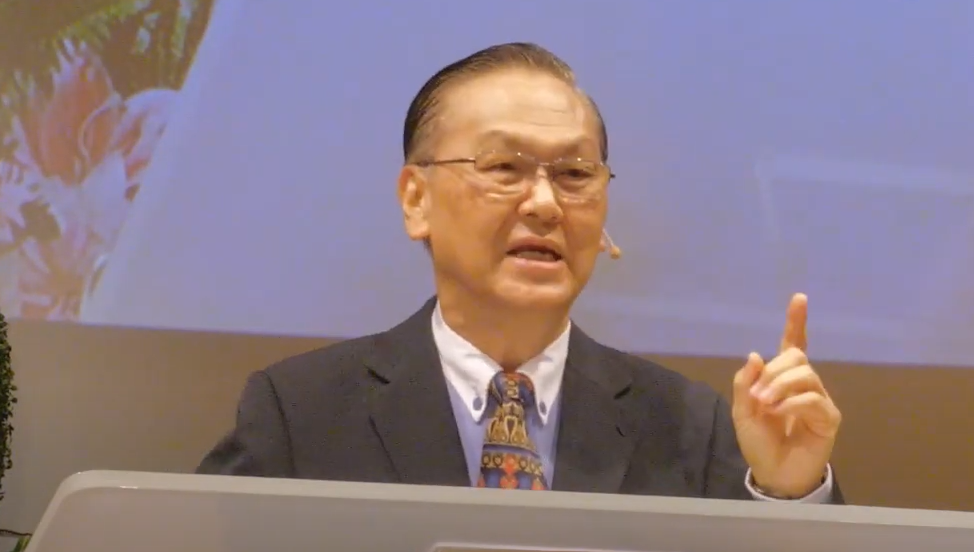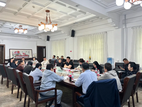A speaker called on the Church to increase resources and cooperation in global missions to fulfill the Great Commission.
At the 2022 Global Chinese Mission Conference (GCMC), after Rev. Dr. Patrick Fung, General Director of OMF International, delivered his keynote lecture "Mobilize Christian Institutions, Churches and Seminaries to Seek Opportunity for Global Missions in Crisis", Dr. Stanley Ling How Chiong, Advisor of Serving in Mission East Asia, responded on that theme.
Held virtually with the theme “Universal Mission Opportunities for Chinese Church Amid Worldly Crisis” from July 25 to 31, the Second Global Chinese Mission Conference invited seven speakers to give special lectures.
Dr. Ling expanded on missions in three aspects: resource allocation, diaspora missions extended to reverse missions, and the importance of bi-vocational missions and Business as Mission (BAM).
Dr. Ling cited data from Travelling Team that in 2014, the annual revenue of the Church worldwide was 703 billion USD, but in 2015, only $45 billion was given to missions which was 6.4%, equivalent to the annual spending of Americans in losing weight. $2.1 billion (4.6%) was allocated to missions to the Unreached and unreached people groups (UPG). He, therefore, pointed out that the proportion of missionary funds was less than 10%, which was completely disproportionate to its importance, so it was necessary to talk about resource allocation, which mainly involved funds and personnel.
"There are certain reasons for the current allocation of resources. If adjusting resource allocation, such as a sudden reduction of the fund for global missions in a certain area, may cause missions in that area to become unable to stand on its own and go downhill... then, the best way is to increase resources, which I suggest a raise to 10% from the original 6.4%.”
In terms of manpower, from the perspective of the number and distribution of missionaries, there are currently 400,000 evangelical missionaries in the world, 300,000 (77%) in the Reached World, 77,000(20%) in the UPG, and only 13,000 (3%) in the Unreached World and UPG, which means that only 3 out of 100 missionaries preach the gospel to the UPG in the Unreached World.
"There are certain reasons for the distribution of personnel, and it is not easy to adjust." Therefore, he proposed a goal that the number of missionaries was to increase from 400,000 to 550,000 by 2030, which would require prayers and efforts to reach.
A typical diaspora ministry is about evangelism to outsiders and church planting, while e reverse mission is to train these believers to become disciples of the Lord on this basis and teach them to share the faith and plant the church. When they return home, with missionaries assisting, they can serve in their own countries. Dr Ling said that in fact, these works have already been carried out by institutions one after another.
Then he introduced that bi-vocational missions are divided into two parts. The first is the tent-making mission, which originated from Paul, Aquila and Priscilla weaving tents together to support missions. The second is Business as Mission (BAM), which is a new trend in this era. In addition, digital missions can transcend time and space, bringing new possibilities.
Lastly, Dr. Ling called on the Church to increase resources in global missions, and seminaries to make mission courses compulsory. He suggested that missionaries should strengthen cooperation to achieve better results, reminding everyone not to be deceived by "bad partners", hoping that churches worldwide would work together on this matter.
- Translated by Shuya Wang












